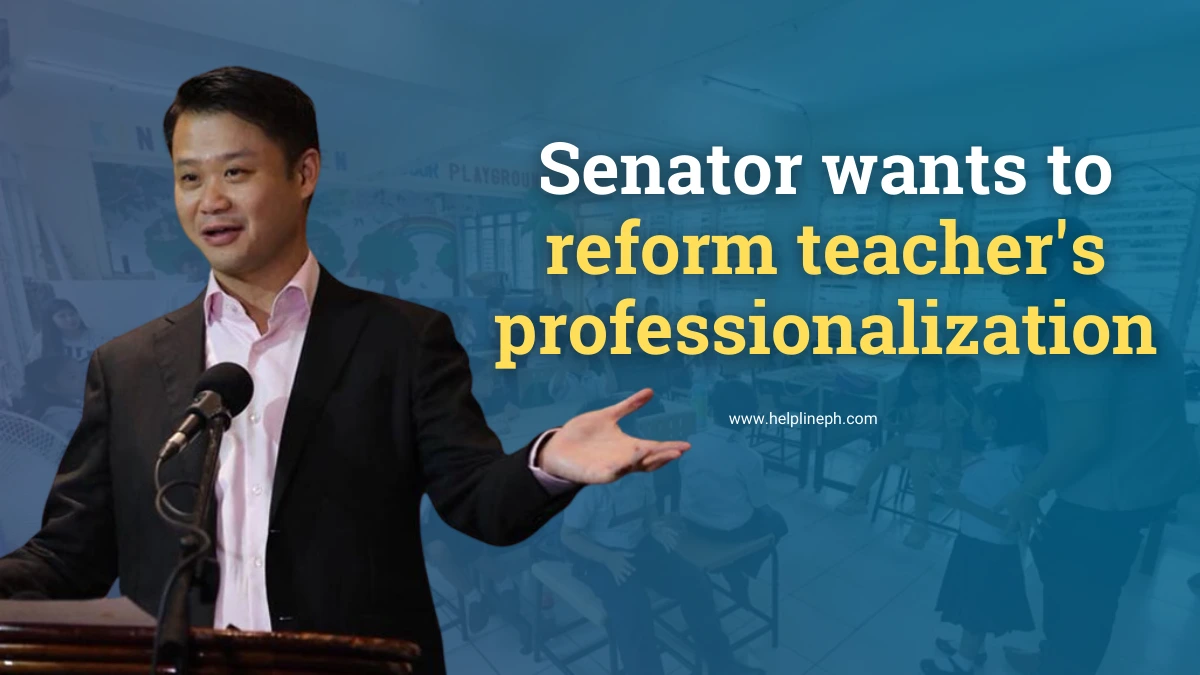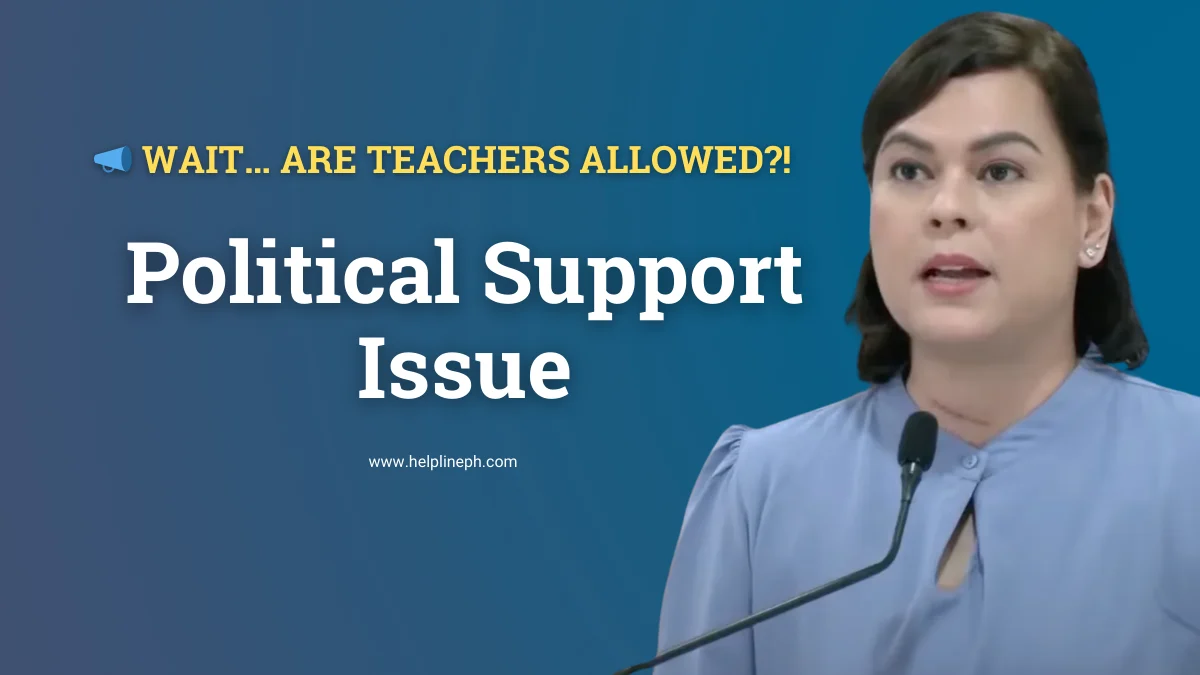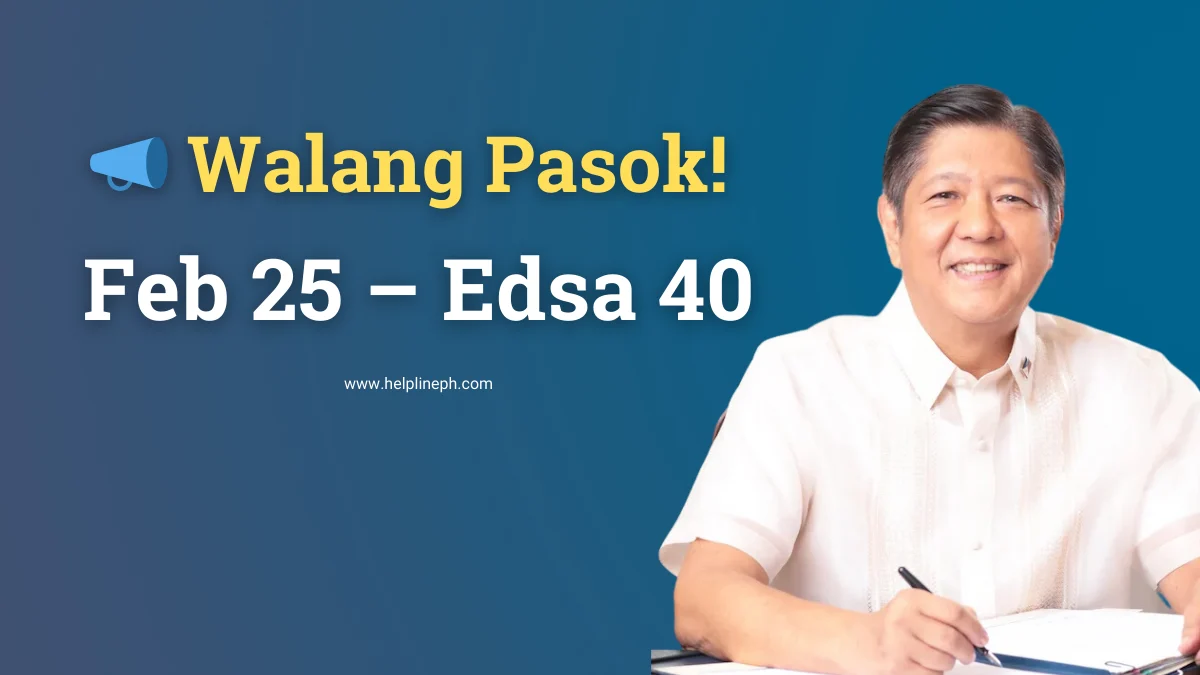Senator Sherwin Gatchalian is urging the passage of Senate Bill No. 2840, which aims to improve the quality of education in the Philippines by raising the professional standards for teachers. This proposed law seeks to amend Republic Act No. 7836, also known as the Philippine Teachers Professionalization Act, by introducing reforms that ensure teachers are better prepared to educate the next generation.
The Need for Change in Teacher Qualification
Senator Gatchalian emphasizes that the Licensure Examination for Teachers (LET) is a critical tool in evaluating the readiness of future educators. However, the results of these exams over the years show concerning trends. From 2017 to 2019, the average passing rate for both elementary and secondary education examinees was below 50%. A World Bank study, which analyzed data from 2009 to 2017, further revealed that many teachers struggle with the content knowledge required to perform well on these tests.
Given the crucial role of teachers in shaping young minds, Gatchalian believes it’s essential to revisit and amend the laws governing teacher qualification. Senate Bill No. 2840 proposes reforms that will ensure teachers are better equipped for their roles and that education institutions are aligned with the standards required for quality teaching.
Key Reforms in Senate Bill No. 2840
1. Higher Standards for Teacher Board Members
One of the significant changes under SB 2840 is the requirement for more qualifications for the Members of the Board for Professional Teachers, the body responsible for overseeing the licensure exam. Board Members will now need at least a master’s degree, and ideally, a doctorate. This ensures that those setting the standards for teachers are themselves highly qualified.
Additionally, faculty members from Teacher Education Institutions (TEIs) who have been teaching for at least 10 years will now be eligible to join the Board. This brings experienced educators directly into the process of shaping the teaching profession.
2. Conflict of Interest Prohibition
To maintain the integrity of the licensure process, SB 2840 introduces a strict prohibition on conflicts of interest for Board Members. This ensures that decisions made by the Board are based solely on merit and are free from external influence.
3. Alternative Pathways to Licensure
Another significant reform in SB 2840 is the creation of alternative pathways for becoming a licensed teacher. For example, graduates from accredited Centers of Excellence in Teacher Education, who have maintained a consistent 80% passing rate over the past five years, may be allowed to submit a portfolio showcasing their professional standards instead of taking the licensure exam.
Moreover, teachers with at least 10 years of teaching experience may apply for licensure without taking the exam by submitting a teaching experience portfolio that demonstrates their expertise.
4. Support for Retake Candidates
Aspiring teachers who fail the LET three times will be required to take a refresher course at a CHED-recognized TEI before they can retake the exam. This measure ensures that those who have struggled with the exam receive additional training and support to improve their chances of success.
5. Transparency in the Licensure Process
SB 2840 mandates that the Professional Regulation Commission (PRC) submit licensure exam questions and answers to the Teacher Education Council (TEC) right after the exams are conducted. Once the results are out, the PRC must publish the exam questions, along with the performance of Teacher Education Institutions (TEIs). This public reporting will ensure greater transparency and accountability in the licensure process.
Benefits of Senate Bill No. 2840
If passed, SB 2840 will bring several benefits to the Philippine education system. By raising the standards for teacher qualification and improving transparency in the licensure process, the quality of teachers entering the workforce will improve. This, in turn, will help raise the overall standard of education in the country.
The bill’s provisions for alternative pathways to licensure will also open up opportunities for more qualified individuals to become teachers, even if they don’t take the traditional licensure exam route. By allowing experienced educators and graduates from top teacher education centers to qualify through portfolios, the law acknowledges that teaching expertise can be demonstrated in more ways than just an exam score.
Additionally, the requirement for refresher courses for those who fail the LET multiple times will provide struggling candidates with the extra support they need. This ensures that teachers entering the profession have the necessary knowledge and skills to succeed.
The Role of Teacher Education Institutions
SB 2840 also focuses on the crucial role of Teacher Education Institutions (TEIs) in shaping the future of education in the Philippines. By requiring the PRC to publish the performance of TEIs on the licensure exam, the bill encourages schools to improve their training programs. TEIs will be motivated to align their curriculum more closely with the requirements of the licensure exam and the professional standards expected of teachers.
Conclusion
Senate Bill No. 2840 is a timely and much-needed reform to the teacher licensure system in the Philippines. By raising the standards for teachers and providing alternative pathways to licensure, the bill aims to ensure that the country’s educators are well-prepared to deliver quality education to future generations. With Senator Sherwin Gatchalian pushing for its passage, the hope is that this measure will lead to better-prepared teachers and, ultimately, better education outcomes for Filipino students.
Frequently Asked Questions (FAQs)
What is Senate Bill No. 2840?
Senate Bill No. 2840 is a proposed law that aims to amend the Philippine Teachers Professionalization Act by introducing reforms to improve the quality and standards of teachers in the Philippines.
Why is there a need for this bill?
The bill is necessary due to the low passing rates of the Licensure Examination for Teachers (LET) and findings from studies that show many teachers struggle with content knowledge. The bill aims to improve teacher training and licensure to ensure better educational outcomes.
What are the key reforms in SB 2840?
Key reforms include stricter qualifications for the Board of Professional Teachers, prohibition of conflicts of interest, alternative pathways to licensure, support for those retaking the exam, and more transparency in the licensure process.
How will the bill help teachers who fail the LET?
Teachers who fail the LET three times will be required to take a refresher course before they can retake the exam, ensuring they receive the necessary training to pass.
What role do Teacher Education Institutions (TEIs) play in the proposed law?
TEIs are crucial in preparing future teachers. The bill encourages TEIs to align their curriculum with licensure exam requirements, and their performance on the exam will be made public for transparency.






